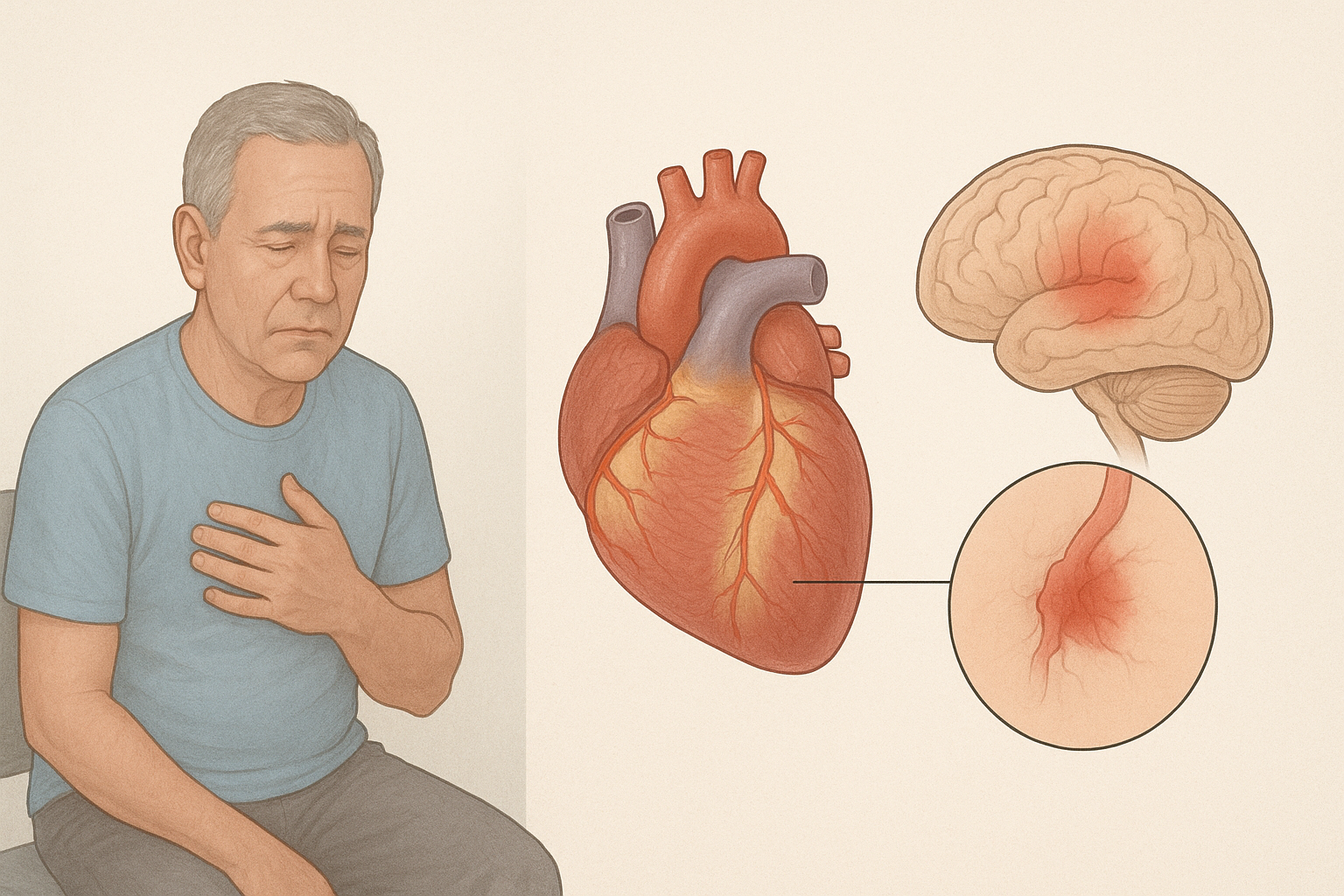
This secondary analysis of the ARCADIA trial, a randomized study comparing apixaban versus aspirin for secondary stroke prevention in patients with cryptogenic stroke and atrial cardiopathy, investigated the relationship between left ventricular (LV) systolic dysfunction and recurrent ischemic stroke, as well as the efficacy of apixaban in this context.
Echocardiograms from 964 of 1015 enrolled patients across 185 U.S. and Canadian sites were centrally reviewed, with LV systolic dysfunction defined as LV fractional shortening <25%, LV ejection fraction <50%, or any LV wall motion abnormality. Of these, 165 patients (17.1%) had LV systolic dysfunction. Recurrent ischemic stroke occurred in 9.1% of patients with LV dysfunction compared to 6.3% without, but Cox proportional hazard models adjusted for imbalanced covariates showed no significant association between LV dysfunction and stroke risk (hazard ratio [HR], 1.3 [95% CI, 0.7–2.4]).
Notably, apixaban significantly reduced stroke risk compared to aspirin in patients with LV systolic dysfunction (HR, 0.24 [95% CI, 0.07–0.87]), but not in those without (HR, 1.13 [95% CI, 0.65–1.96]; Pinteraction=0.028). Mean follow-up was 1.7 years for those with LV dysfunction and 1.5 years for those without. These findings suggest that apixaban may offer superior secondary stroke prevention in patients with LV systolic dysfunction compared to aspirin, potentially guiding antithrombotic therapy selection in this high-risk group.
The study underscores the importance of echocardiographic assessment in tailoring treatment for cryptogenic stroke patients with atrial cardiopathy and LV dysfunction, though further research is needed to confirm these results in broader populations.
Link: https://www.ahajournals.org/doi/10.1161/STROKEAHA.125.052724

